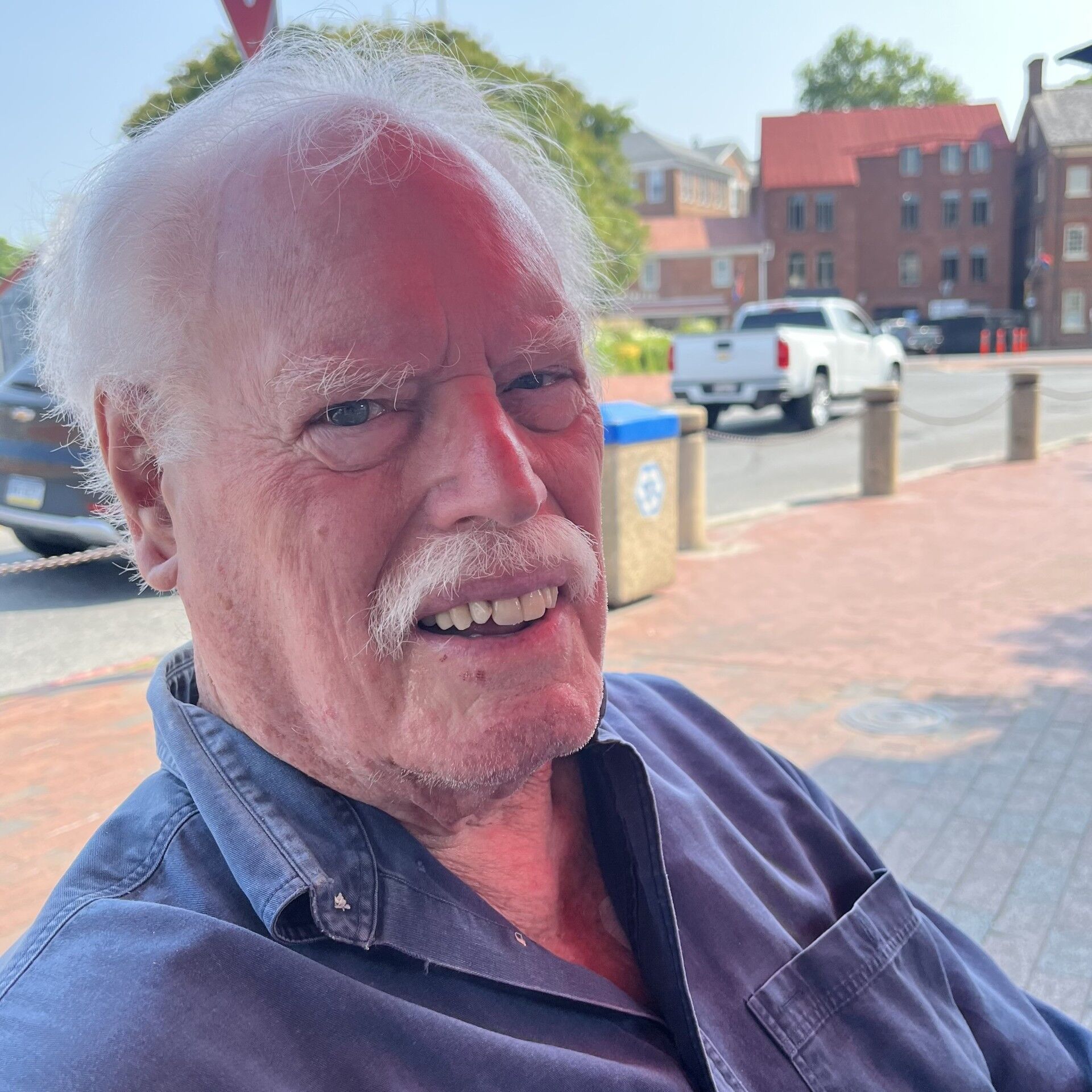Court Dismisses N500Million Rights Suit Against Nigerian Govt, Wike, Others Over Arrest Of Beggars, Scavengers In Abuja | Sahara Reporters
The lawyer also joined the Attorney-General of the Federation (AGF) and the Federal Government of Nigeria as the 5th and 6th respondents, respectively.
The Federal High Court in Abuja has dismissed a N500 million fundamental rights enforcement suit filed against the Minister of the Federal Capital Territory (FCT), Nyesom Wike, by a group of vulnerable residents—including scavengers, beggars, and petty traders—over alleged arbitrary arrests and harassment in the nation’s capital.
The applicant, a legal practitioner, Abba Hikima, had sued Wike, the Inspector-General (IG) of Police, the Director-General, Department of State Services and the Nigeria Security and Civil Defence Corps (NSCDC) as 1st to 4th respondents.
The lawyer also joined the Attorney-General of the Federation (AGF) and the Federal Government of Nigeria as the 5th and 6th respondents, respectively.
The suit was filed on behalf of the vulnerable residents.
Delivering judgment, Justice James Omotosho held that the suit lacked merit as there was no credible evidence proving that the minister or other defendants breached the fundamental rights of the vulnerable people.
Justice Omotosho noted that the only evidence provided was online copies of newspaper reports, which the applicants failed to certify with the National Library as required under Section 156 of the Evidence Act, according to the News Agency of Nigeria.
“In relying on newspaper reports, a party cannot just print or buy a newspaper from vendor and bring it to court without being certified by National Library,” the judge said, adding that such reports could be forged or doctored to seek relief.
He further ruled: “This court will not waste its time relying on newspaper reports to prove the truth of the contents therein.
"It is hearsay evidence and no probative value will be ascribed to it.
"This is a reasonable principle of law as allowing parties to rely on newspaper reports as basis for their suit will open a floodgate of litigations as all manner of persons would rush to court to file frivolous suits based on newspaper reports which may not be accurate.
"Thus the suit of the applicant is bound to fail.”
Justice Omotosho also pointed out that the plaintiffs could not name any specific officer or agent of the defendants who allegedly violated their rights or who participated in the raids cited in the suit.
“I must say here that the burden to prove the breach of fundamental rights lies on the applicant.
"In the instant case, the appellants had the onus of proving by credible affidavit evidence that their fundamental rights were breached, but they failed woefully to do so,” he said.
He described the suit as filled with unproven allegations, saying, “The suit of the applicant is filled with bare assertions without any proof whatsoever to establish his claim.
"The facts stated are speculative without any foundation or proof. The law is trite that a court of law does not act on speculation but on solid evidence.”
Addressing the core of the allegations, the judge stated the court could not speculate about arrests or detentions that allegedly occurred on November 12, 2024, without solid evidence.
He said the court would not waste its precious judicial time speculating on what happened or which persons were arrested or detained, if any.
The FCT Minister, in his defence, argued that the so-called vulnerable persons were arrested for constituting a public nuisance.
The defence team said, “The 1st respondent (Wike) in his counter affidavit stated that the said vulnerable persons are beggars, scavengers and traders who display goods for sale in unauthorised places, defecate in public places, constitute security threat and constitute nuisance in the FCT.
"Also that they have been arrested vandalising public property and even serve as spies to kidnappers and terrorist organisations.”
Justice Omotosho agreed that the actions described by the minister violated the Abuja Environmental Protection Act and justified government intervention:
“It is clear that these allegations by the 1st respondent constitute grounds to breach of fundamental rights as they are based on allegations of committing crimes within the FCT,” he said.
He stressed that fundamental rights are not absolute and can be curtailed on grounds such as public safety and order.
“It is clear from the above authorities that suspicion of committing an offence is a legal ground to breach the right of a person,” the court said.
Responding to the lawyer’s argument that beggars had committed no crime and should be left alone, Justice Omotosho firmly rejected the notion that begging is a protected right.
The court said, “There is no fundamental right to beg and no law outrightly supports public begging or begging as a venture.
"Even the religious books, such as the Koran, even though it permits begging in certain extreme conditions, frowns against begging as a profession.
"The Holy Prophet Muhammed in one of the Hadiths (Sahih al-Bukhari) was reported to have said: ‘It is better for one of you to take a rope and bring a bundle of wood on his back and sell it, and Allah will save his face because of that, rather than asking the people who may give him or not.’”
He further referenced biblical teachings encouraging hard work: “The Bible also encourages hard work as indolence would lead to poverty, citing Proverbs 10:4.
"Begging, as a full-time profession, is usually a result of laziness and indolence on the part of the beggar.
"There is no dignity in begging as we are encouraged to work hard.
"I am aware that some beggars have no choice than to beg due to their physical condition.
"However, this does not stop them from learning a skill which is suited to their condition and can help them earn a decent living.
"Likewise, scavengers who sleep in public places and even defecate in those places without considering the health challenge this may pose to the general populace.”
The judge noted that vocational and rehabilitation centres were available in Bwari, Abuja, for vulnerable people to learn skills, but said they had refused to take advantage of such facilities.
Justice Omotosho ruled that allowing homeless persons, scavengers, beggars, and unauthorised petty traders to roam freely in Abuja would undermine the city’s order and security.
He concluded that removing them from the streets did not amount to any violation of fundamental rights.
He said, "The reliefs sought by the applicant, if granted, is capable of turning the FCT into a haven of all sorts of unwanted and unwholesome activities.
"It is capable of turning the FCT into a safe haven for the destitute and vagabonds around the country.
"This cannot be the intention of the drafters of the constitution. This can also encourage criminality and breeding ground for all kinds of criminal elements.
"This court will not allow the provision of Chapter 4 of the Constitution to be a legal ground to encourage such acts.
"Consequently, I hold that any action of the 1st respondent in removing these groups of people pursuant to the Abuja Environmental Protection Act is constitutional and legal.”
On the damages sought, the judge raised doubts about how compensation would be distributed among unnamed vulnerable persons.
The judge said, “The applicant is a legal practitioner and brought the action in his name and on behalf of vulnerable citizens of Nigeria.
"This court then wonders how the relief for damages, if same was granted, was to be shared among the said vulnerable citizens, especially as no name or details was provided for these persons.
"It seems to this court that these monies if granted would have ended up in the private pockets of persons not falling within this group of vulnerable citizens.
"However, the failure of this application ensures that this would not be the case.
"In final analysis, the case of the applicant fails in its entirety as there is no credible proof on record to support the reliefs sought.
"Consequently, this application is hereby dismissed for lack of merit.”
You may also like...
Diddy's Legal Troubles & Racketeering Trial

Music mogul Sean 'Diddy' Combs was acquitted of sex trafficking and racketeering charges but convicted on transportation...
Thomas Partey Faces Rape & Sexual Assault Charges

Former Arsenal midfielder Thomas Partey has been formally charged with multiple counts of rape and sexual assault by UK ...
Nigeria Universities Changes Admission Policies

JAMB has clarified its admission policies, rectifying a student's status, reiterating the necessity of its Central Admis...
Ghana's Economic Reforms & Gold Sector Initiatives

Ghana is undertaking a comprehensive economic overhaul with President John Dramani Mahama's 24-Hour Economy and Accelera...
WAFCON 2024 African Women's Football Tournament

The 2024 Women's Africa Cup of Nations opened with thrilling matches, seeing Nigeria's Super Falcons secure a dominant 3...
Emergence & Dynamics of Nigeria's ADC Coalition

A new opposition coalition, led by the African Democratic Congress (ADC), is emerging to challenge President Bola Ahmed ...
Demise of Olubadan of Ibadanland
Oba Owolabi Olakulehin, the 43rd Olubadan of Ibadanland, has died at 90, concluding a life of distinguished service in t...
Death of Nigerian Goalkeeping Legend Peter Rufai

Nigerian football mourns the death of legendary Super Eagles goalkeeper Peter Rufai, who passed away at 61. Known as 'Do...





